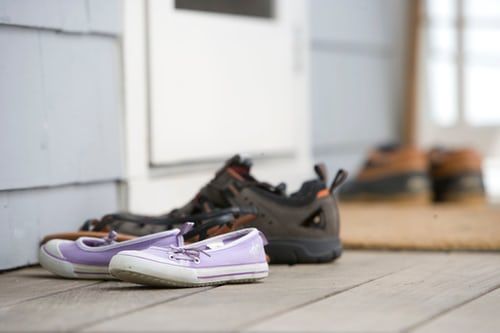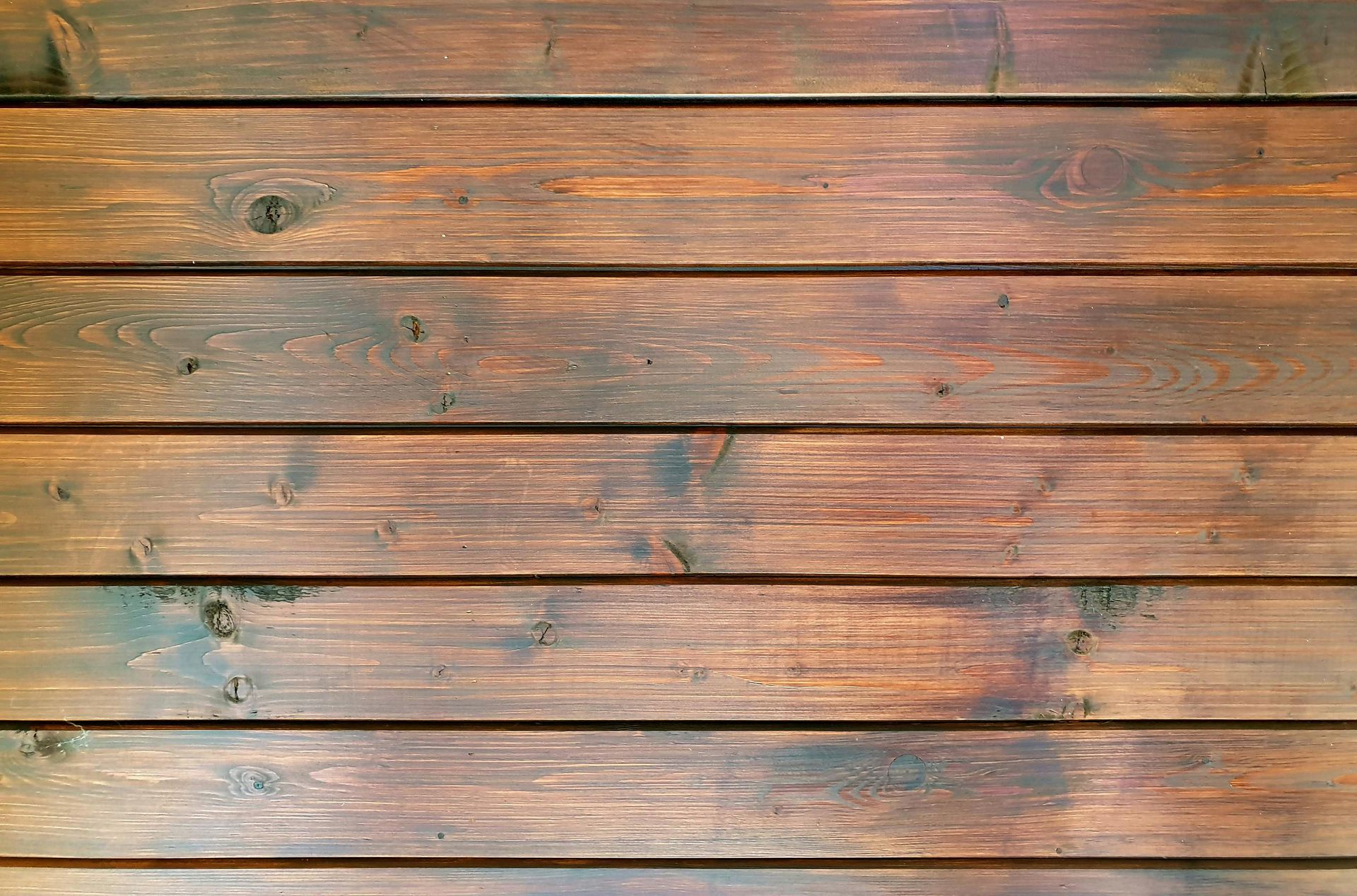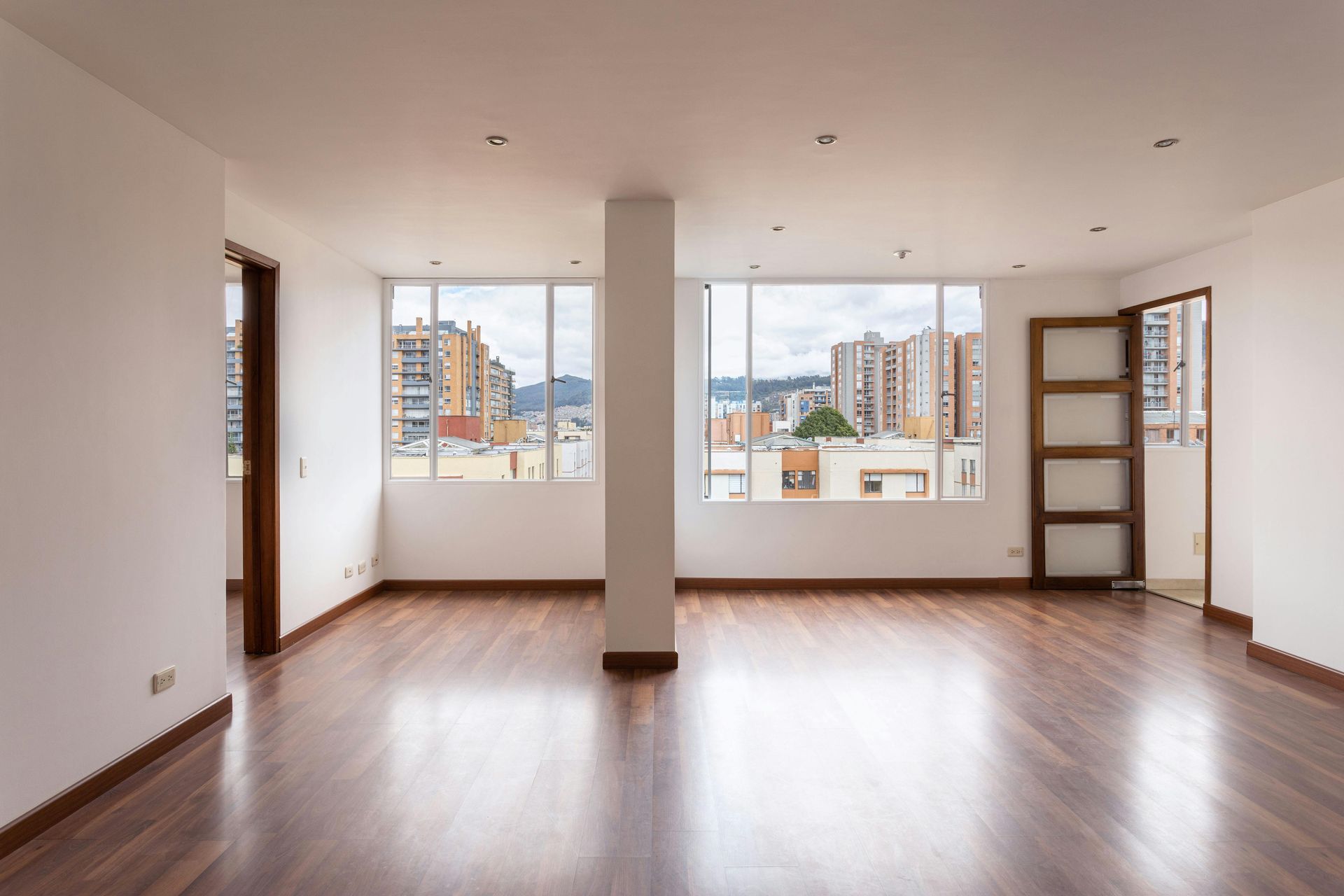The Benefits of Removing Shoes
amrit.p • February 12, 2021
There are numerous benefits when you remove your shoes upon entering your home

The takeaway from an article written by Healthline
reads: "Removing your shoes before entering a home is an easy and courteous way to keep floors free of bacteria, chemicals, and other harmful substances that can be found on the soles of your shoe. Setting up a shoe area by the door and providing your guests with slippers to wear instead can help make everyone comfortable and maintain your domestic health and cleanliness."
It is proper etiquette to offer to take off your shoes when you enter someone's home. It is customary in many cultures to take your shoes off before you enter a home. Look for signs that the occupants remove their shoes and follow suit. Sometimes it is slippers for you to wear by the entrance, and sometimes it is the fact that they are not wearing shoes in the home. It is polite and easy to ask, “Do you want me to remove my shoes?”
The benefits of removing shoes when you enter a home are numerous. The obvious advantage is that you will not track mud, dirt, and grime indoors. You keep floors clean of the invisible germs, bacteria, chemicals, and other harmful substances found in the out of doors. All these items: bacteria, chemicals, and toxic substances, can be tracked indoors on the soles of your shoes, so it is imperative to remove your shoes as you enter your home.
Set up a space to take shoes off and store them in the entryway. Make a sign for guests to recognize that they are expected to take off their shoes upon entering your home. You can also set up slippers for guests when they enter or thick socks to wear if it is cold outside. These things can make people feel welcome in your home and still respect your wishes to remove their shoes before entering.
The most significant benefit to floors when you take your shoes off at the door is that there will be no pebbles or rocks in the bottom of the soles of shoes that can scratch the surface of your floors. Specific soles from shoes will also leave scuff marks on floors. You will experience none of that when you and guests remove shoes upon entering.
There are numerous benefits to removing your shoes before entering your home. Health and safety are number one, and the reduced need for cleaning floors is another. Not having to worry about scratches and scuffs on your floors is a third. Hopefully, it is easy to change a habit of wearing shoes indoors if you do. Just have a pair of shoes that you wear only inside by the entrance to your home, and make your guests feel comfortable when they enter and change out of their shoes.
If you have scuffed and damaged floors that you are considering replacing, contact Floors For Less. We are ready to help with your selection and installation.







